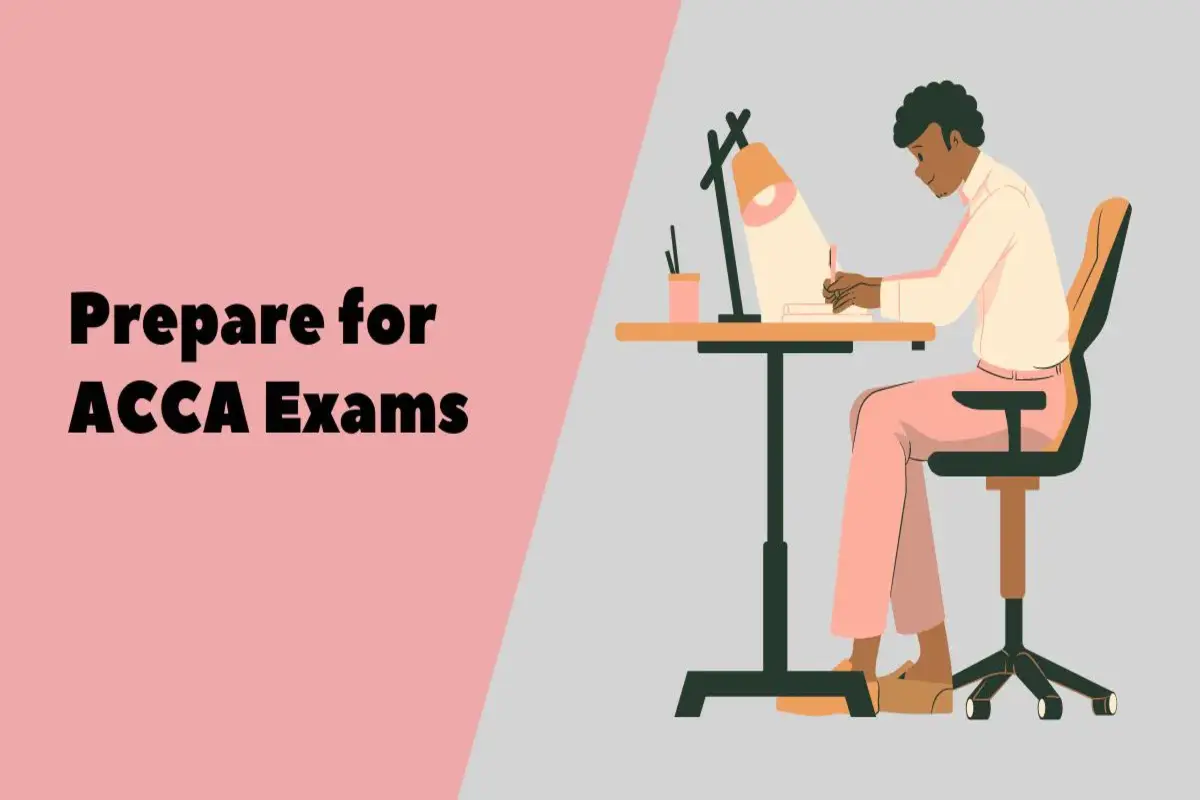Pursuing the Association of Chartered Certified Accountants or ACCA course is an essential step towards building a successful career in accounting and finance. However, the journey can be challenging, especially for students who underestimate the preparation needed or those who follow the wrong strategies. To maximize your efforts and ensure steady progress, it is crucial to avoid common mistakes that many candidates often encounter.
From poor time management to neglecting the significance of revision, small mistakes can have a significant impact on your exam performance. Determining errors early might help you plan better, stay focused, and improve your chances of passing the exam by having all ACCA course details in mind. Let us explore the top 7 mistakes that you must avoid while preparing for the ACCA certification.
7 Mistakes Every Student Must Avoid During ACCA Course Preparation
1. Neglecting ACCA Syllabus and Exam Structure
Often, students jump straight to studying without determining ACCA course details like syllabus and exam structure. This results in wasted time and a lack of focus on key areas that are likely to appear in the examination. Each ACCA paper is specifically designed with specific learning goals and weightage, and failing to align your preparation with this structure can lower your chances of passing the ACCA exam.
By reviewing the syllabus, past exam papers and examiner reports, students can easily identify high-priority topics and customize their study plan effectively. Determining how each paper is evaluated (long-form answers, MCQs or scenario-based questions) will help in practising the right way and boost exam confidence.
2. Not Building a Realistic Study Plan
Undervaluing the significance of a well-organised study plan is one of the most frequent errors made by ACCA students.It is simple to put off studying, skim through material, or not properly revise before the ACCA exam if you don’t have a sufficient timetable or timeline.
A well-thought-out study plan assists in allocating time for studying, practising and revising. It further simplifies balancing studies with work or other personal commitments. However, sticking to a well-structured plan reduces anxiety, enhances retention of studied topics and ensures consistency.
3. Delaying Exam Registration and Preparation
Students frequently make the mistake of waiting until the last minute to register for the ACCA exam. It leads to higher fees and creates unnecessary stress, which minimizes your preparation window. Poor planning ultimately leaves students with little flexibility if they fall behind in their schedule.
Early registration offers mental commitment to your objective, motivates you to stay disciplined and gives you access to ACCA course details from the beginning.
4. Ignoring Timely Practice and Mock Exams
Another typical mistake is to focus entirely on theory without practising questions. The ACCA course examines your knowledge, application skills and time management across levels. Without dedicated practice, you may end up struggling during an actual exam, even if you have determined the material.
Furthermore, mock exams assist in simulating an exam environment and highlight your weak areas. Accuracy, quickness, and confidence are further improved with regular practice. Hence, students need to make it a habit to review past papers, leverage the ACCA Practice Platform, and time themselves to build exam stamina.
5. Overlooking Time Management in the Exam
Many ACCA students lose marks because they spend too much time on a particular question, leaving other questions rushed or unanswered. Poor time management can be the difference between passing and failing exams, regardless of how well you are aware of the syllabus and other ACCA course details.
To avoid this mistake, focus on developing a strategy based on how much time to spend on each question or section. Then, practice under specific time conditions and leverage reading and planning time wisely. However, sticking to a predefined pace will assist you in completing the paper effectively and reduce last-minute panic.
6. Depending on Passive Learning Methods
Relying on textbooks or watching recorded lectures without active engagement does not lead to deep learning. Passive learning creates a false sense of preparedness as it does not test your ability to apply adequate knowledge under specific examination conditions.
However, to retain and apply what is learned, it is essential to solve past examination papers, complete practice questions, and simulate timed examinations. Active recall, summing topics, and self-testing are effective tactics for passing the ACCA course exam.
7. Ignoring your Health and Burnout Signs
Students frequently disregard their physical and mental health and well-being during the ACCA preparation process. Long hours without any breaks, poor diet, no leisure time or lack of sleep result in burnout and minimized productivity levels.
Moreover, consistency is the key solution! Keep your mind clear, make sure you get enough sleep, eat a healthy diet, take small pauses while studying, and periodically unwind. Remember, having a healthy mind is a strong asset during ACCA exam preparation.
Conclusion
Avoiding common mistakes discussed in this blog can make the ACCA course preparation journey effective. With adequate planning, a proactive approach, and consistent effort, you can build a robust foundation and enhance your chances of success in each ACCA exam level. To learn more about the ACCA examination, contact the Zell Education team right now!
FAQs
1. Can I prepare for the ACCA exam just through self-study?
No, ignoring guidance from mentors or official resources can limit curriculum understanding.
2. Is skipping the revision before the ACCA exam a mistake?
Yes, not revising regularly or before the exam can minimize retention of topics and weaken examination performance.
3. Are mock tests important during ACCA preparation?
Indeed, students who skip practice exams may find themselves unprepared and unconfident when faced with actual exam pressure.
4. Can candidates balance a job with the ACCA exam without planning?
No, poor balancing of a full-time job and study plan can lead to exam failure and mental burnout.

